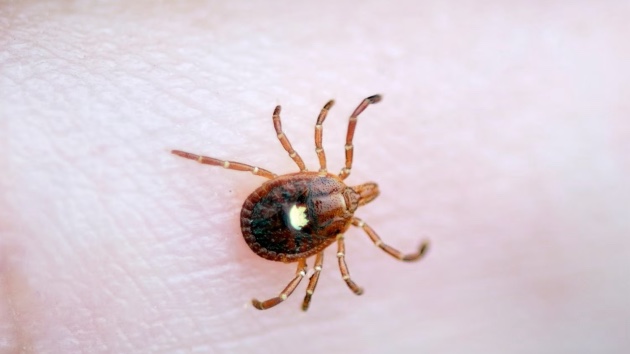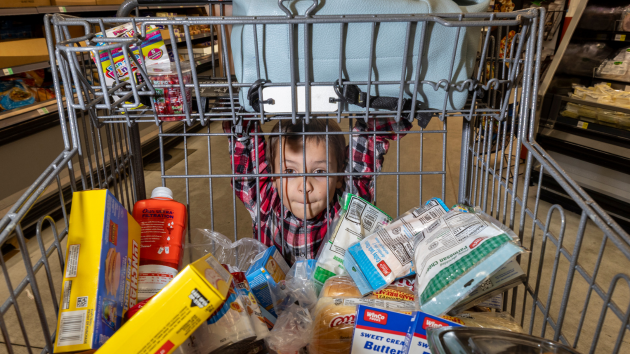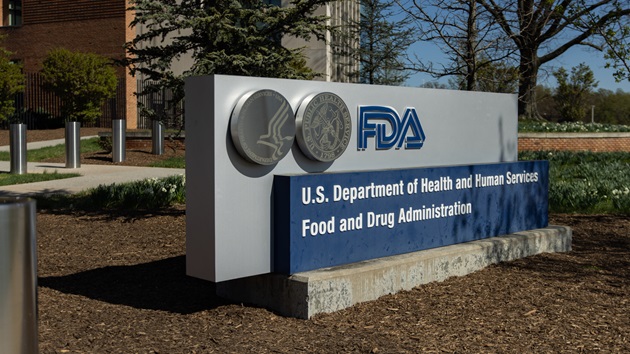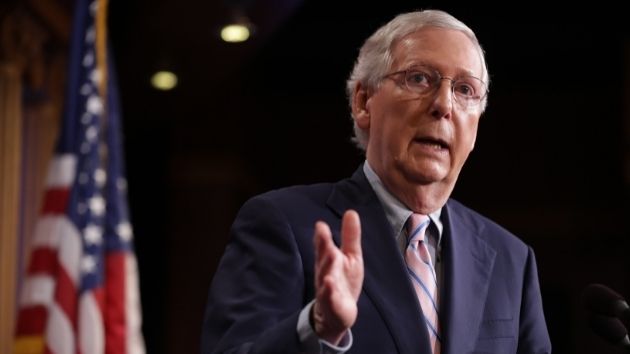Smaller COVID vaccine doses may protect children as well as full doses in adults: Pfizer
Written by luck on September 23, 2021
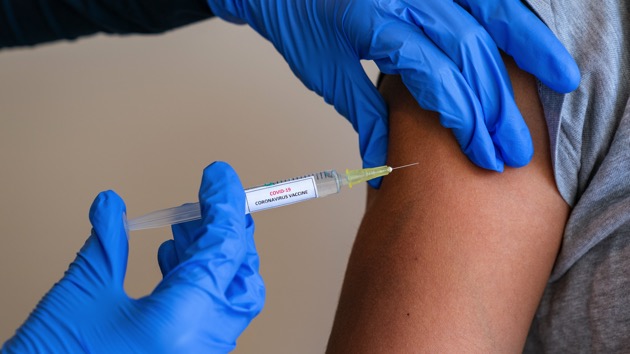
(NEW YORK) — Pfizer just released its first safety data about COVID-19 vaccines for children ages 5 to 11, reassuring parents that a safe and effective vaccine soon could be available for those younger than 12.
A trial of 2,268 children showed that a smaller dose of Pfizer vaccine — one-third the amount given to adults and adolescents — provided robust and adequate immune responses among those ages 5 to 11.
If the FDA agrees with Pfizer’s assessment, finally those younger than 12 can get vaccinated — in this case, if authorized, with the smaller dosage.
But that smaller dosage has led some parents to question the vaccine’s effectiveness compared with a larger dose.
“You’ve got to have a cutoff point and do something that’s logistically feasible,” Dr. Anthony Fauci said Monday, speaking on CNN. “Parents should not be confused or concerned about that.”
Other experts have stressed that size isn’t everything. Because the lower dose still mounts a strong and sufficient antibody response to COVID-19, even an 11-year-old who’s taller or weighs more than a kid over 12 should be protected.
And experts involved in the Pfizer trial strongly recommend adhering to available dosage data for 5-to-11-year-olds because clinical research shows doing so is safe and effective — a different dose would just be an educated guess.
“This is clearly an important — very important — first step,” said Dr. Evan Anderson, a professor of pediatrics and medicine at Emory University School of Medicine and one of the principal investigators of the Pfizer trial for children.
At this point in the pandemic, more than 5 million American children — most not eligible for vaccination — have tested positive for COVID-19. Children make up 22.2% of the U.S. population but accounted for almost 30% of new COVID-19 cases in a single week, based on early September data compiled by the American Academy of Pediatrics.
Prior clinical trials in adults and teens sought to identify a rough measure of vaccine efficacy, but because scientists already know vaccines are safe and effective, trials in younger children worked differently. Instead, this latest clinical trial focused on assessing children’s immune response based on analysis of their blood. These so-called immuno-bridging studies provide important information about the vaccine’s ability to mount immune responses for this group of children, none of whom could be vaccinated.
The Pfizer data showed that the smaller dose in younger children generated antibody levels comparable to 16-to-25 year-olds who received the standard 30-microgram doses.
“Despite the smaller dose, in the smaller children, the antibody response is as vigorous as what we find in older age groups. We’re seeing a robust antibody response meeting [a] protective threshold,” said Dr. Frank Esper, an infectious disease specialist at Cleveland Clinic Children’s.
In fact, researchers discovered that when 5-to-11-year-old children in the trial received the 30-microgram dose, they had more side effects. With the lower dosage, side effects mirrored those seen in teens and adults — pain at the injection site, headaches and fatigue.
Regardless of weight and size, children still should receive vaccine doses according to recommendations based on data, experts agreed, arguing it is better to stick to evidence rather than make an educated guess outside parameters of trials.
Dr. Robert Frenck, director of the Gamble Vaccine Research Center at Cincinnati Children’s and a principal investigator for the Pfizer trial, said the vaccine should not be given off-label with higher-than-recommended doses, citing the American Academy of Pediatrics and the Pediatric Infectious Diseases Society.
“I would stick with what the recommendation is for under 12 years of age,” he said. “I think it will be safe. I think it will be effective.”
Copyright © 2021, ABC Audio. All rights reserved.
